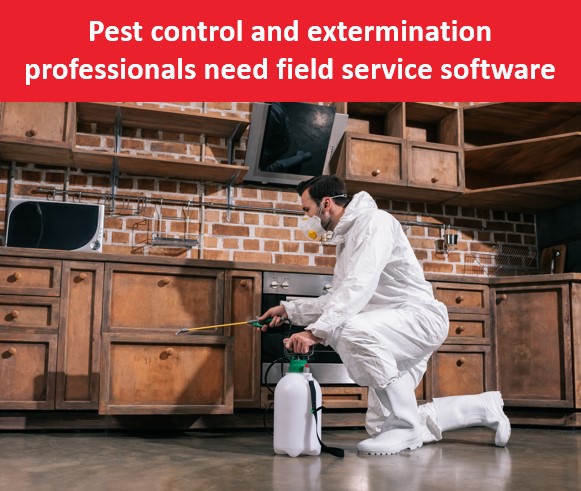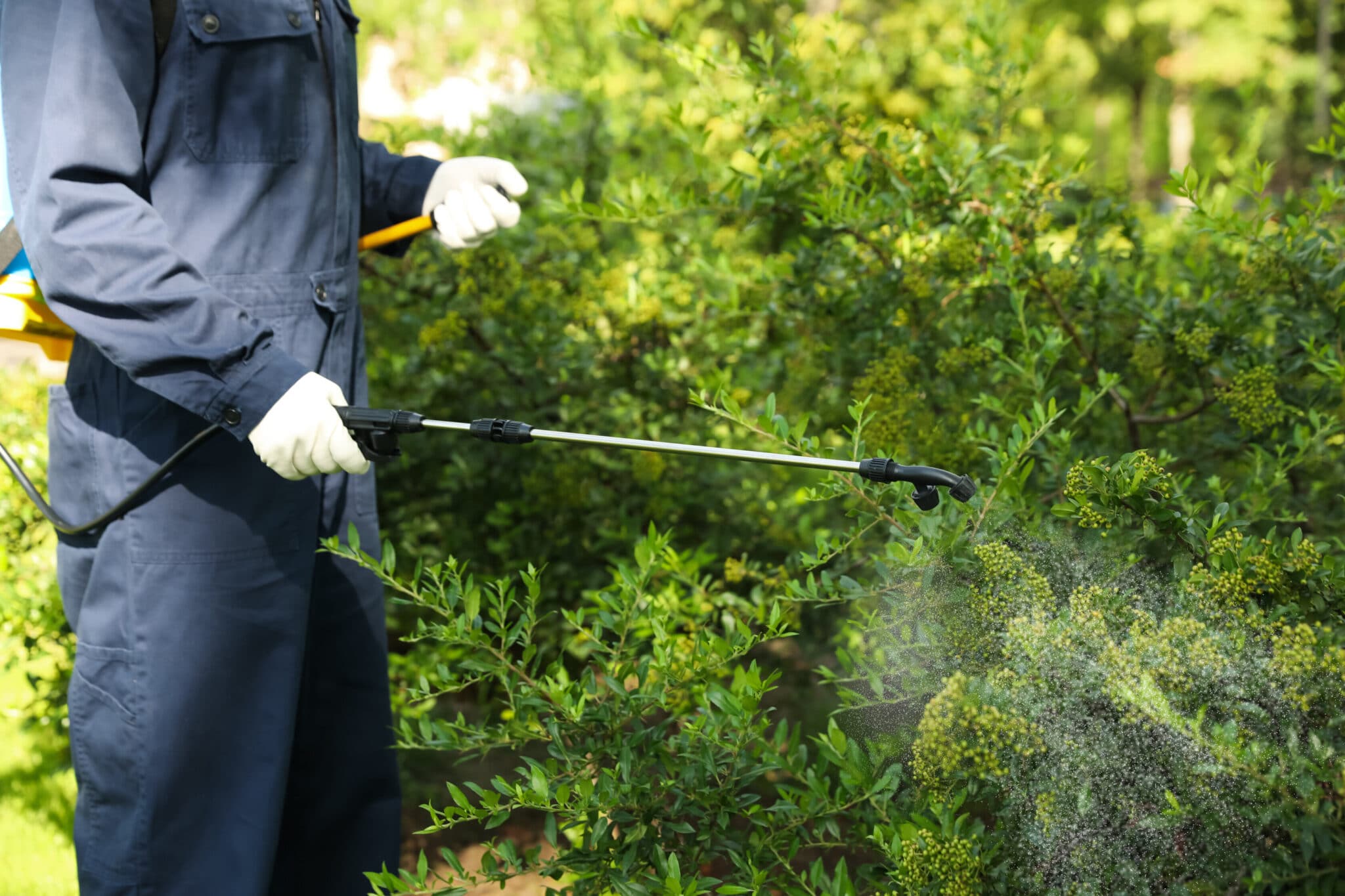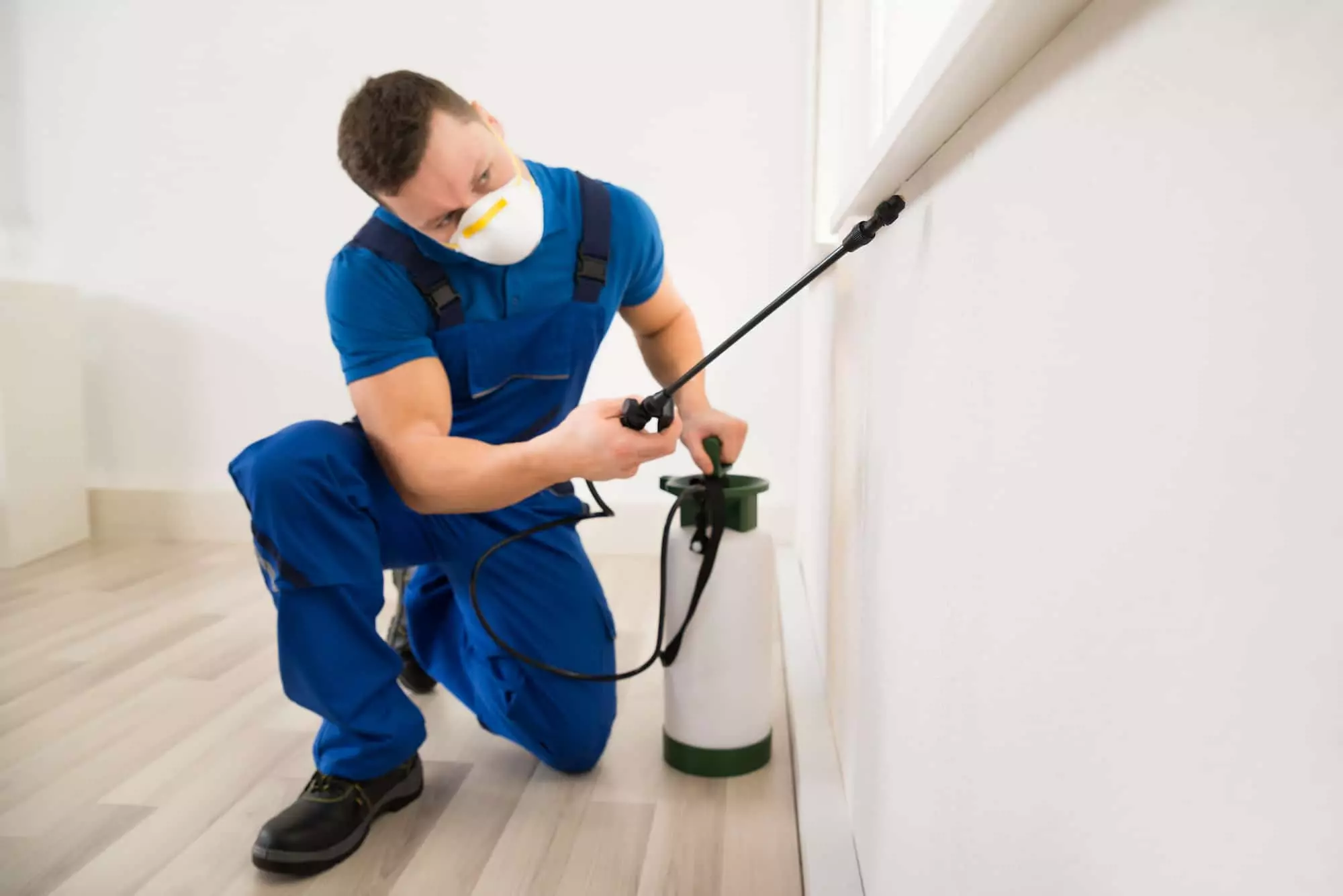Effective Coquitlam Pest Control Solutions for a Pest-Free Environment
Effective Coquitlam Pest Control Solutions for a Pest-Free Environment
Blog Article
Safe and Dependable Insect Control for Lasting Protection
Effective insect monitoring requires a diverse strategy that balances environmental honesty with the need for efficient parasite suppression. The nuances of these approaches might not be instantly clear, motivating a more detailed evaluation of the methods that can lead to lasting pest control outcomes.
Comprehending Insect Control Approaches
Parasite control includes a variety of methods intended at handling and eliminating unwanted bugs and rats that can intimidate both wellness and home. Comprehending these approaches is essential for efficient bug administration.
The main groups of parasite control approaches consist of mechanical, organic, and chemical strategies. Mechanical approaches include physical barriers and traps to stop insect entrance and capture unwanted species. Utilizing screens on home windows or using sticky catches can substantially decrease insect populations without presenting dangerous compounds - exterminator coquitlam.

Chemical bug control is frequently one of the most acknowledged method, making use of pesticides to get rid of pests. These chemicals can be reliable but have to be used with care to avoid damaging effects on non-target varieties and the environment.
Advantages of Eco-Friendly Solutions
How can environmentally friendly options change bug control techniques? The fostering of green parasite control approaches supplies countless advantages, dramatically boosting the performance and safety and security of parasite monitoring.

One more advantage is the favorable influence on local biodiversity. Eco-friendly remedies are developed to target specific parasites while protecting advantageous pests and wildlife, advertising a well balanced community. This strategy lines up with the expanding consumer need for sustainable techniques, improving the reputation of parasite control companies.
Integrated Pest Administration Strategies
The execution of environmentally friendly remedies naturally causes the adoption of Integrated Bug Management (IPM) techniques, which better improve parasite control efficacy. IPM is an alternative approach that integrates numerous tactics to manage bug populations while lessening ecological impact. This approach emphasizes using biological, social, mechanical, and chemical controls, making sure a sustainable and balanced technique of parasite monitoring.
One essential aspect of IPM is the complete assessment of insect task and ecological conditions. By monitoring insect populaces and recognizing their life process, practitioners can execute targeted interventions that interrupt the bug's environment or lifecycle, reducing reliance on chemical pesticides. Additionally, cultural practices such as crop rotation and habitat control can substantially lessen parasite facility and recreation.
An additional critical component is the use of biological control representatives, such as beneficial insects or microorganisms, which can naturally subdue pest populaces. When chemical applications are essential, IPM focuses on using low-risk chemicals and applies them precisely, reducing exposure to non-target organisms and human beings.
Including IPM approaches not just enhances insect control effectiveness but additionally advertises a much safer community, aligning with the growing need for lasting methods in pest monitoring.
Safe Practices for Home Owners
Comprehending the significance of safe techniques in parasite control can equip property owners to effectively take care of bug issues while safeguarding their wellness and the atmosphere. Implementing safe techniques and preventive actions is critical in lessening exposure to unsafe chemicals.
Homeowners must initially assess their atmosphere for problems that attract bugs, such as standing food, water, and mess waste. Frequently cleansing and sealing entry points can discourage pests from invading the home. Making use of natural deterrents, such as essential oils or diatomaceous planet, can provide reliable options to chemical pesticides.
When chemical treatments are needed, home owners should choose for items that are especially classified as safe for domestic use. It is necessary to adhere to application standards meticulously to avoid overexposure. Moreover, utilizing targeted therapies in locations where bugs are recognized, rather than blanket spraying, can significantly decrease chemical use.
Finally, preserving open communication with insect control professionals is important. Property owners should inquire about the safety and security of items utilized and request environmentally friendly options whenever feasible. By taking on these risk-free methods, property owners can create a much healthier living atmosphere while efficiently managing pest concerns.

Tips for Long-Term Protection
Developing a bug administration strategy that stresses long-lasting protection can substantially improve the effectiveness of the secure methods formerly gone over. To achieve this, home owners must implement normal evaluations of their residential or commercial property, concentrating on hidden locations such as attics, cellars, and crawl spaces. Early discovery of pest task is essential in protecting against invasions from holding.
Furthermore, keeping a clean atmosphere is vital. This consists of correct food storage, without delay cleaning spills, and consistently dealing with rubbish. These practices decrease attractants that attract pests into the home. Sealing these details entrance factors, such as splits around windows and doors, can successfully obstruct possible pest access.
Landscape design should also be thought about; keeping plants trimmed and preserving a range in between plants and the home decreases concealing places for parasites. Making use of all-natural deterrents, such as essential oils or diatomaceous earth, can further dissuade infestations without resorting to severe chemicals.
Lastly, collaborating with a professional insect control service for periodic evaluations can supply an additional layer of safety. These professionals can provide tailored recommendations and advanced therapies, making certain that your home stays secured against pests in the lengthy term.
Verdict
In verdict, risk-free and reputable pest control calls for a diverse method that emphasizes green techniques and integrated pest monitoring. By carrying out natural deterrents, performing routine inspections, and keeping appropriate sanitation, property proprietors can considerably reduce bug populations while shielding useful insects and the atmosphere. Collaboration with specialist insect control solutions enhances the performance of these techniques, making certain tailored remedies that offer long-term security and tranquility of mind against future problems.
Effective bug monitoring requires a complex approach that balances eco-friendly integrity with the requirement for effective insect reductions. The fostering of environmentally friendly parasite control methods uses countless benefits, substantially boosting the effectiveness and security of bug monitoring.The implementation of environment-friendly remedies naturally leads to the adoption of Integrated Insect Administration (IPM) approaches, which further improve bug control efficiency. exterminator coquitlam. By monitoring pest populations and determining their life cycles, professionals can apply targeted treatments that disrupt the pest's habitat or lifecycle, decreasing reliance on chemical pesticides.In final thought, risk-free and trustworthy pest control requires a multifaceted approach that emphasizes environmentally friendly methods and integrated pest management
Report this page